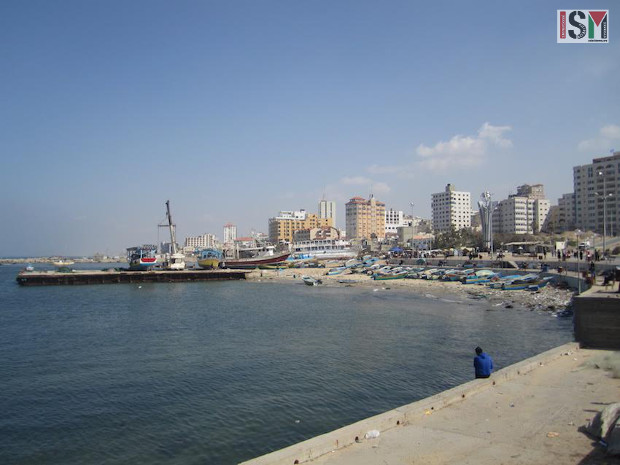Category: Gaza
-
Testimony of Khuzaa’s massacre
8th September 2015 | International Solidarity Movement, Gaza Team | Khuzaa, Gaza Strip, Occupied Palestine One year after Israel’s attacks in the Gaza Strip, the massacre in Khuzaa is vividly remembered by one of its inhabitants. Dr Mohammed Qudaih lived with his family in Khuzaa, in the southern Gaza Strip, less than a kilometre away…
-
Gaza talks back: Demonstrations and “International Solidarity Week for Anarchist Prisoners”
This Monday 24th of August, as every Monday, the families of the Palestinian prisoners in Israeli jails have gathered at the Red Cross headquarters in Gaza City. Tens of people joined them in order to show their support, denounce the conditions that the prisoners suffer and to demand the freedom of all the Palestinians kidnapped…
-
1312 reported attacks against fishermen since the end of 2014 massacre on Gaza
11th August 2015 | International Solidarity Movement, Gaza Team | Gaza, Occupied Palestine Two days ago, on Sunday’s night at 3am, the occupation forces kidnapped fishermen Mohamed Ismail Sharafi, 34 years old, and Mohamed Saidi, 22 years old, in Gaza City waters. According to the testimony of the other fishermen that where working with them…



